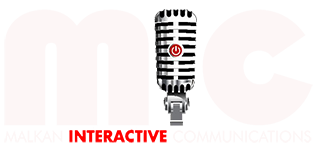WHAT IS FOOD SECURITY, REALLY?
The definition of food security has previously been shaped by largely local factors and concerns, like providing locally sourced healthy meals for school lunches. Or addressing what has come to be called “food deserts,” describing an area where there is a grocery store shortage, limiting access to nutritious foods.”
But today, the entire conversation around food security is being shaped by forces far distant from our neighborhoods or even counties. And not just conversation, but actual policy.
“It is time to rethink how we grow, share and consume our food,” says one global authority. And who exactly will do that rethinking? The same self-appointed body that
said it in the first place—the World Economic Forum, pushing their Great Reset under the guise of sustainability.
They cite water issues and global warming, of course, implying the foregone conclusion that global oversight and governance of food security is only achievable through a “sustainable agricultural system that ensures an affordable food supply for all” by addressing greenhouse gas emissions, water use and water waste.
“As people become more affluent they drift towards a diet richer in processed foods, meat and dairy.” And so they lament our healthy, nutrient dense diets, and promote the eating of insects and lab grown synth-meats. This is, apparently, what food “equity” looks like.
Take a gander at this “Transformation Map” from the WEF website: https://intelligence.weforum.org/topics/a1G0X0000057My4UAE?tab=publications charting the territory for the U.N.’s Sustainable Development Goals, or SDG’s, and encompassing a mind bending array of topics from “youth perspectives” to gender inequality, and drawn from so-called “expert and machine curated knowledge.”
Recognize that policy is now being crafted, at least in part, by AI, and good old central planning sold to us as “efficient business models” and “public-private partnerships”—in plainspeak, Communism and fascism, but with an updated technocratic flavor. It just sounds so much more modern and efficient.
So let’s see how that’s working out for some countries around the world.
Let’s start with Sri Lanka which, under the leadership of its President, decided in April 2021 to become the world’s first all-organic country. This was hailed as a great experiment in green policy making and, it turns out, a collusion with the IMF. It appears SDG’s (remember those?) were the IMF’s playbook for juicing the Sri Lankan economy and avowedly spending millions on a transformation to a new kind of capitalism. The WEF lauded the efforts as “impressive.”
The Sri Lankan government imposed a nationwide ban on the importation and use of synthetic fertilizers and pesticides and in short order the country went from self-sufficient to having to import staples like rice. The bottom fell out of tea, rubber, and coconut. “I cannot recall any time in the past when we had to struggle so much to get a decent harvest,” said a Sri Lankan farmer whose yields fell by a staggering 60%. Food prices skyrocketed, just as fuel prices rose. The only thing that flourished was social unrest.
After giving the nod to the government’s massive money printing, when it all went bust and the starving people took to the streets and threw the bastards out, the IMF dusted off its hands and walked away, as if to say, “our work here is done.” Now what is left of the government is giving its workers extra days off to “stay home and grow food.”
This was a beta test for the food policy of The Great Reset: green energy, SDG’s, inflation, collapse, starvation, all leading to the consolidation of power in the hands of those who engineered the whole thing. Classic problem-reaction-solution, or what I call the totalitarian dialectic.
Let’s look elsewhere. The Netherlands is the world’s second largest exporter of food, a massive achievement for a country a little larger than Maryland. To say that these Dutch farmers are expert in their fields (sorry, couldn’t resist) is an understatement. They are industrious, efficient and massively productive.
Unfortunately, their Prime Minister is a WEF running dog lackey. Even though the Netherlands has doubled its yields in recent decades while using the same amount of fertilizer, the government is enforcing EU edicts to reduce the use of nitrogen as a fertilizer and cull livestock herds. It is using these edicts as a battering ram for the “radical green fantasies and dodgy science” of a small group of lefties, many of whom, according to the NY Post, are vegetarians!
The fact that a 2019 article on the WEF website lauded the Dutch farmers (“Farmers in the Netherlands are growing more food using less resources” ) and now is throwing them under their own tractors belies the real motivation for the SDG’s. It isn’t about food production efficiencies at all. It’s about controlling the food supply by enforcing an engineered ideology.
The farmers say the government is angling to put them out of business and take their farms. How did that work out in South Africa, folks?
It should be coming clear to everyone: “Who controls the food supply controls the people.” Though it was globalist par excellence Henry Kissinger who said that, it might just as well have been Mao Tse Tung.
Real food security is an issue of sovereignty for the people of Texas, one that will not be solved at the federal level. It is governments’ collusion with globalists that is threatening our food supplies worldwide, and it is at the state level that we can take steps to remediate this threat.
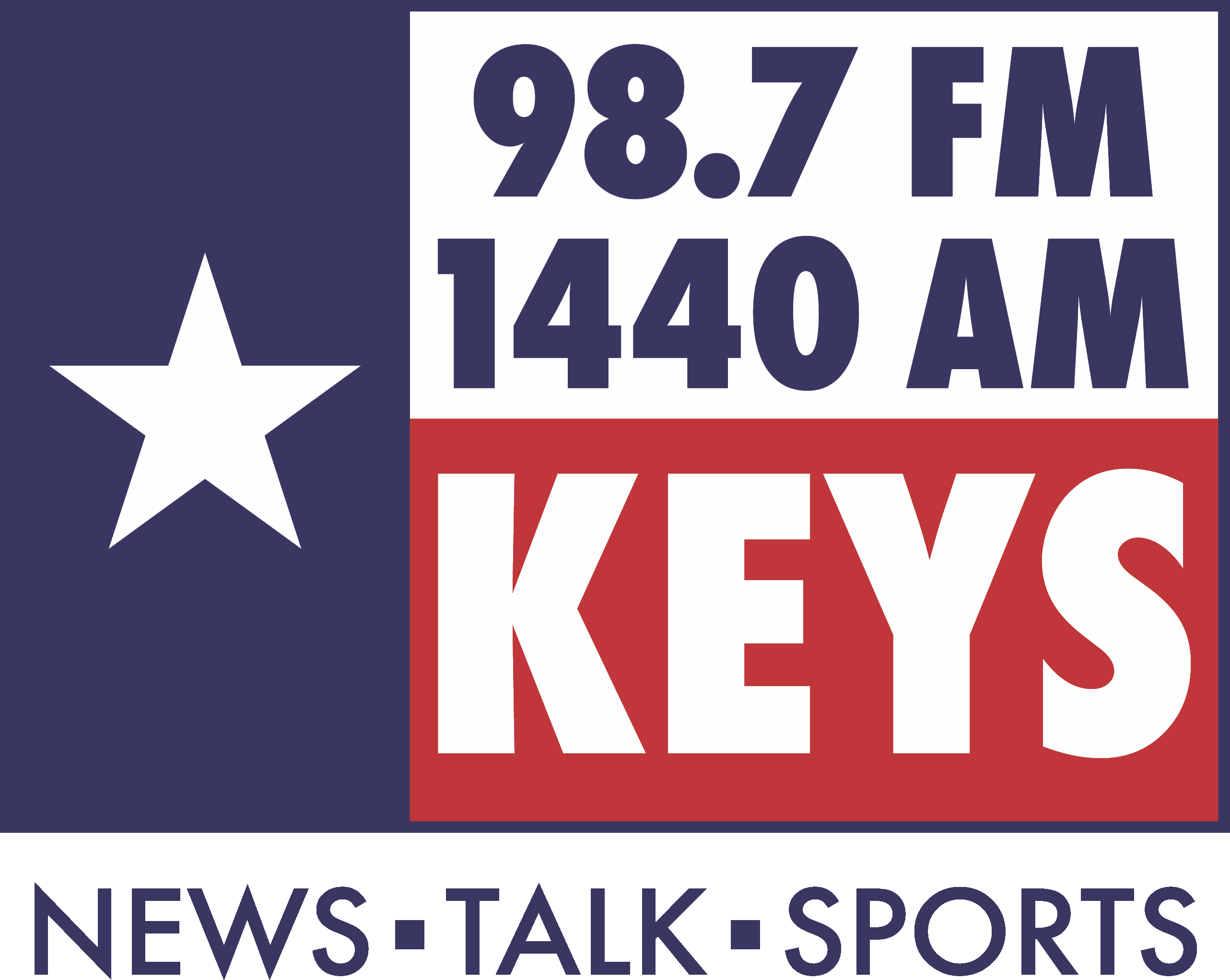




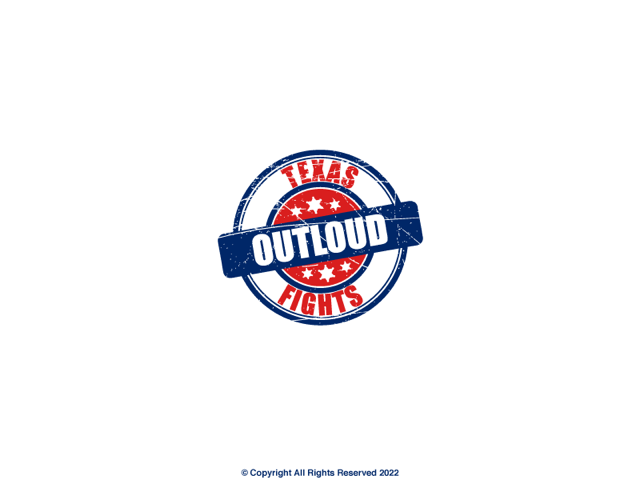
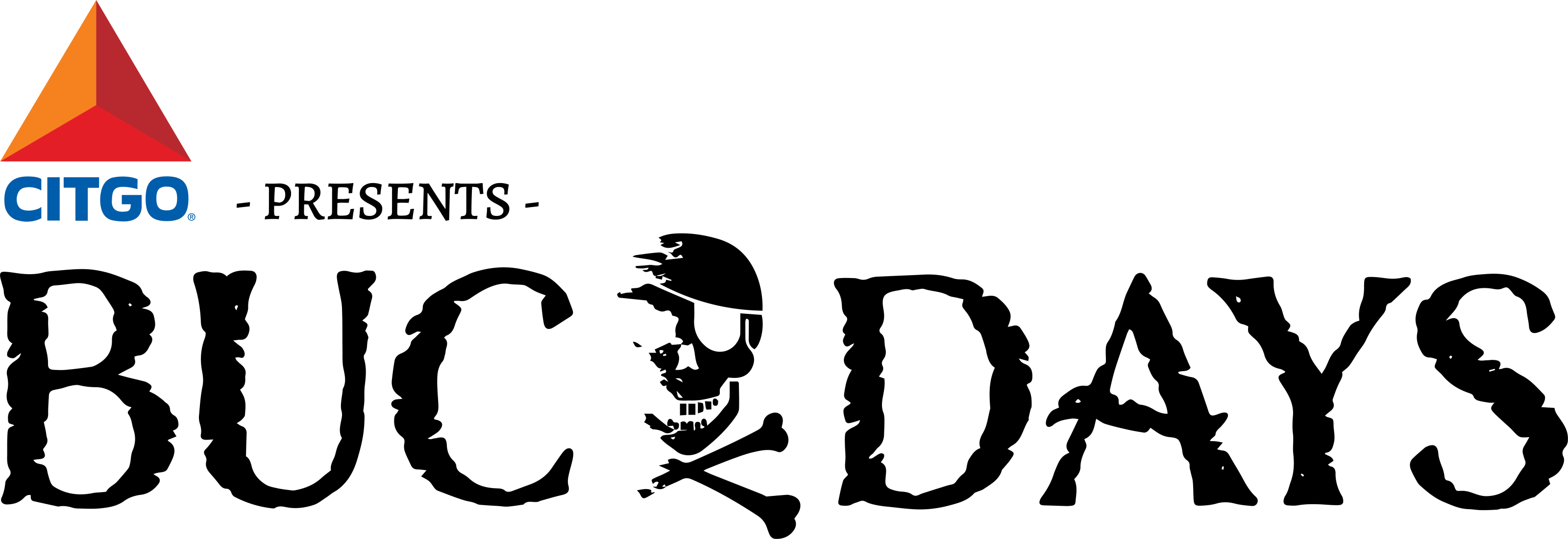

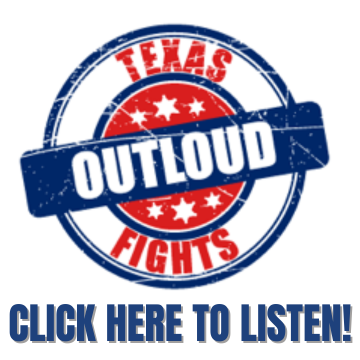
.png)
